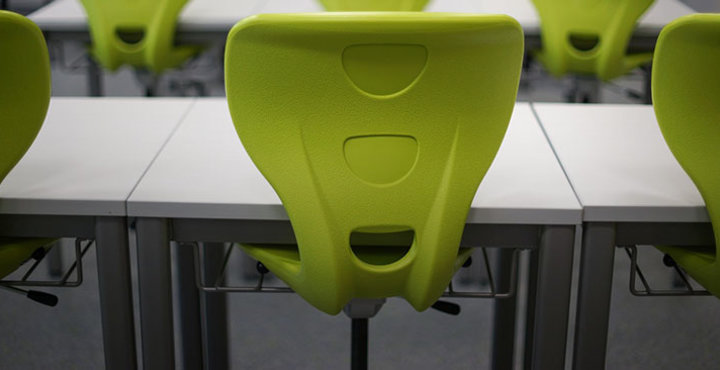Quick Answers
Brake: A device used for stopping or slowing a moving vehicle (e.g., "When the deer jumped into the road, I had to slam on my brakes to avoid hitting it."). It can also be used as a verb meaning "to apply the brakes" (e.g., "Be certain to brake when driving on the steep and winding mountain road").
Break: To damage or separate (e.g., "If you break it, you buy it"). It can also be used as a verb meaning "to pause or take a rest" (e.g., "The student took a well-deserved break from studying").
A Closer Look
It's easy to mix up brake vs. break because they are homophones (in other words, they sound exactly the same), and they are even spelled similarly. Making things even more confusing, both words can be either verbs or nouns.
Fortunately, their definitions are distinct enough that they can be remembered without too much difficulty, once you learn which is which. The following sections will give you a more in-depth look at the two words' uses, as well as add a few tips that will help you decide when to use each word.
When to Use Brake
The word brake is typically associated with the mechanical act of stopping. In other words, when you come to a quick stop while running, you typically don't say that you braked. However, you do say that you braked when stopping your car or bike. Let's look at a few examples of the word.
As a noun, brake refers the stopping mechanism itself, as in the following sentence:
"Getting my brakes replaced was very expensive."
When used as a verb, brake means to stop:
"She braked when she saw the cat crossing the road."
In both examples, brake is used to refer to the mechanism that stops a vehicle.
Your takeaway: Whether being used as a noun or verb, brake is associated with stopping—either the stopping mechanism itself or the act of using the mechanism.
When to Use Break
The definition of break is a little more variable.
As a verb, break can be associated with destroying an object, rendering it ineffective, or separating it into parts:
"Large sections of ice occasionally break off from glaciers."
When used as a noun, break can refer to the point of separation:
"The break in the ice indicated that a large chunk would soon fall from the glacier."
Alternatively, break can mean to pause something. You can take a break from your work to rest, or you can take a break from leisure to get some extra work done.
Your takeaway: If you're referring to a pause or to the destruction of something, use break.
Beyond Brake vs. Break
Hopefully, you've not only been able to brush up on the usage of brake and break, but you’ve also been given the tools to easily distinguish the words. However, if you're still worried about getting words mixed up, you can avoid confusing brake vs. break—and many other tricky words—with the help of a professional editor.
Image source: Paul Filitchkin/Stocksnap.io





